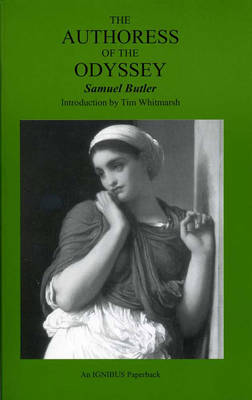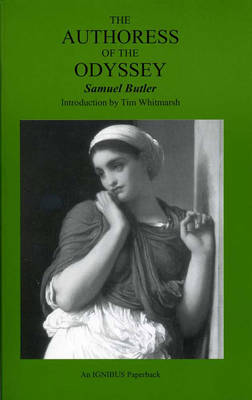
- Afhalen na 1 uur in een winkel met voorraad
- Gratis thuislevering in België vanaf € 30
- Ruim aanbod met 7 miljoen producten
- Afhalen na 1 uur in een winkel met voorraad
- Gratis thuislevering in België vanaf € 30
- Ruim aanbod met 7 miljoen producten
Zoeken
€ 34,95
+ 69 punten
Omschrijving
Samuel Butler, scholar, painter, pioneer photographer, and novelist (including 'Erewhon' and 'The Way of All Flesh'), was one of the less orthodox of Victorian intellectual provocateurs, who confronted powerful orthodoxies such as the Church, the academic establishment, and scientific Darwinism.
Specificaties
Betrokkenen
- Auteur(s):
- Uitgeverij:
Inhoud
- Aantal bladzijden:
- 316
- Reeks:
Eigenschappen
- Productcode (EAN):
- 9781904675013
- Verschijningsdatum:
- 1/08/2004
- Uitvoering:
- Paperback
- Afmetingen:
- 138 mm x 215 mm
- Gewicht:
- 456 g

Alleen bij Standaard Boekhandel
+ 69 punten op je klantenkaart van Standaard Boekhandel
Beoordelingen
We publiceren alleen reviews die voldoen aan de voorwaarden voor reviews. Bekijk onze voorwaarden voor reviews.







